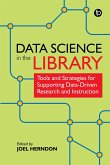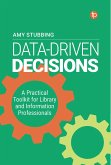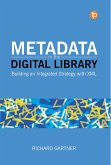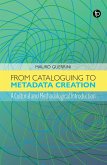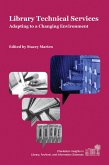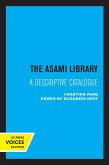Information for Sustainable Development is a landmark publication that examines the perspectives, challenges and progress towards achieving the targets of the UN sustainable development goals (SDGs), through the lens of information science. Written by an author team with extensive experience in the research and practice of information and sustainability, the book provides a thorough introduction to the SDGs and the impact of information, data, people and society on measuring performance and assessing progress in achieving the SDG goals.
Split into four distinct sections, the book provides an introduction to the landscape for information, data and metadata in the context of the SDGs, before exploring key topics such as:
This book will be a valuable resource for researchers, students and professionals in information and computer sciences as well as disciplines such as politics, business and education. It will provide inspiration and new discussion on how the information, data, people and societal elements of the SDGs should be considered and embedded in future research and training activity.
Split into four distinct sections, the book provides an introduction to the landscape for information, data and metadata in the context of the SDGs, before exploring key topics such as:
- how metadata is used in measuring progress and success, and the challenges and complexities of calculation methods and the interpretation of data
- digital literacy and the digital divide across different countries and regions, and how critical information skills are in achieving success in the SDGs
- specific human and social challenges associated with the SDGs
- education for sustainable development and the role of environmental literacy
- an examination of the research and development in the information sector around green libraries, climate change and sustainability, including a proposed research and training framework for future information science research.
This book will be a valuable resource for researchers, students and professionals in information and computer sciences as well as disciplines such as politics, business and education. It will provide inspiration and new discussion on how the information, data, people and societal elements of the SDGs should be considered and embedded in future research and training activity.
Dieser Download kann aus rechtlichen Gründen nur mit Rechnungsadresse in A, D ausgeliefert werden.



